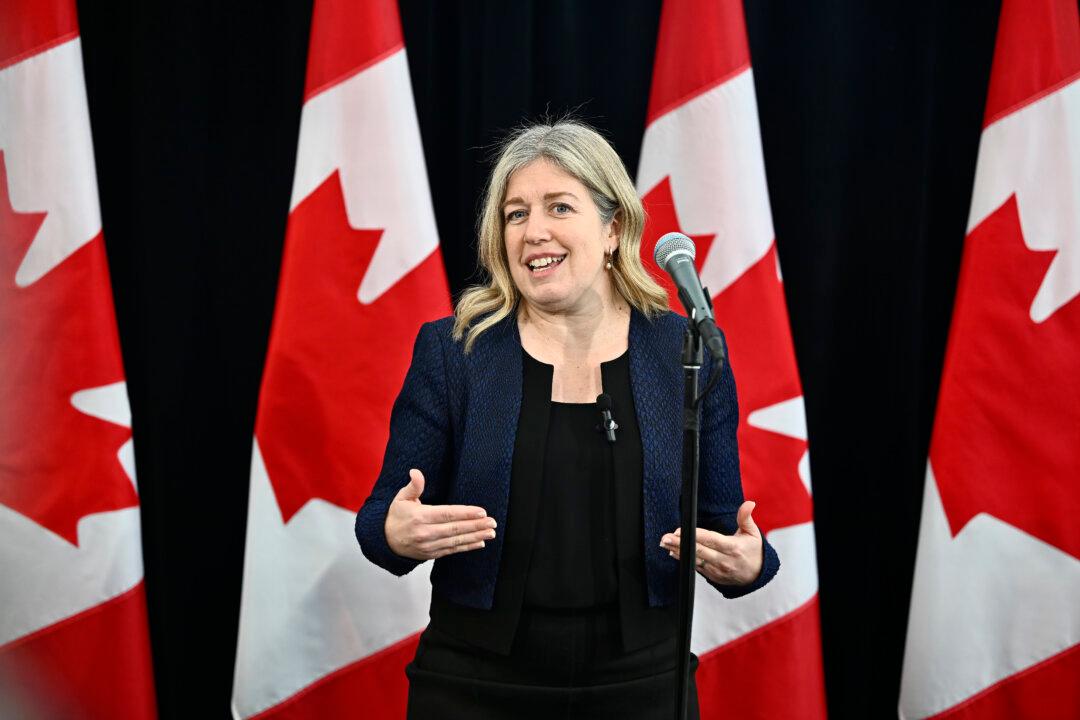Canada’s prepared retaliatory tariffs against the United States are designed to inflict maximum damage while minimizing pain to Canada, says New Brunswick Premier Susan Holt, who has seen the federal government’s plan.
“I think the kind of package that was put together and proposed by the federal government is strong, is strategic,” she said during an interview on CBC’s Power and Politics on Jan. 15.





